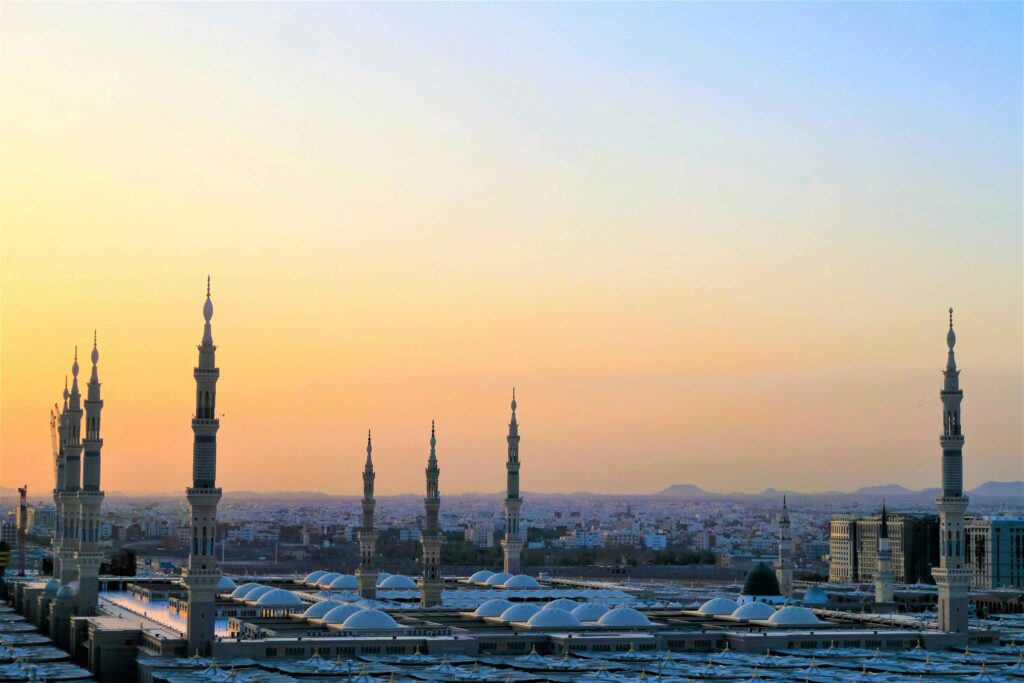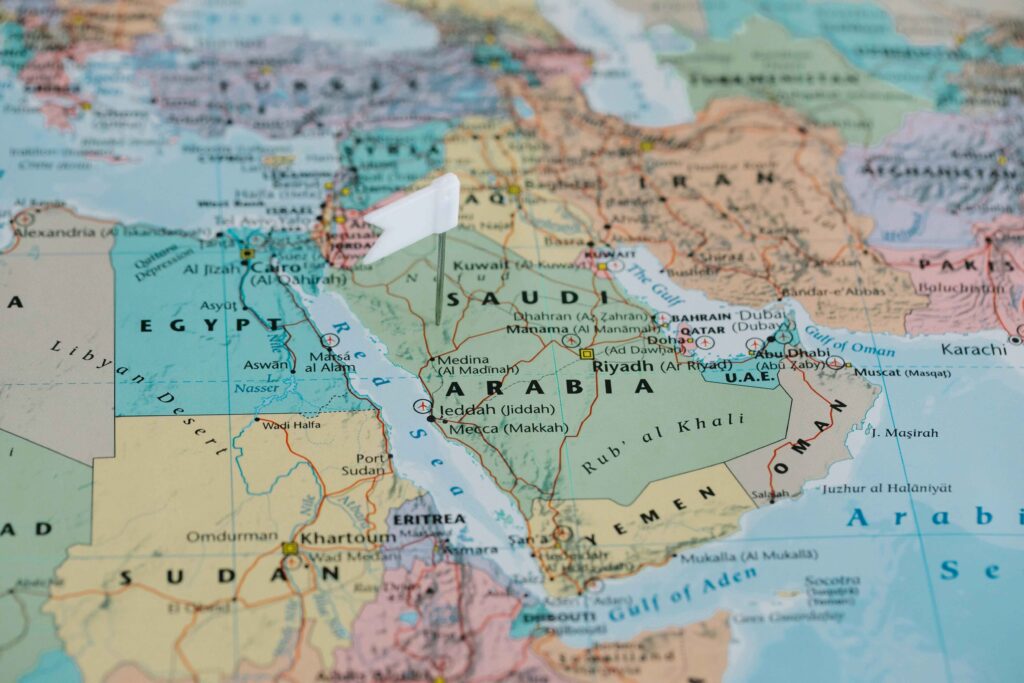How Does Leadership Work in Saudi Arabia? Saudi Arabia, in the Middle East is a kingdom with strict tribal autocratic government system. The leadership structure of the nation entails Islamic with sentiment based on tribalism; this has played a crucial role in shaping the political, social and economic system of the nation. In this the blog post, let me describe what leadership means in Saudi Arabia, its context and how it has transformed with time.
How Does Leadership Work in Saudi Arabia?
The Traditional Leadership Model:
It was a type of leadership, described as a clan structure or Qawmiyya, commonly used for the Arabian areas. This model puts much stress on authority issues of the leader and full compliance by the subordinates. In this there is the continuity of power in the ease with which power passes from generation to generation to keep a system of family rule and a system stable.
The sheikh in the tribal community’s storyline is the head that takes care of his tribal people and balancing the non-harsh interaction between different tribes. Since then, Saudi leaders have been driven by this model in branding themselves as leaders with qualities of code of ethics, integrity, faith and loyalty.
The Monarchical System:
The King controls all sphere of state management and decision making reducing the political structure in Saudi Arabia to absolute. The King is usually drawn from the Al-Saud family and is the final decision-making body. This system has successfully held and sustained the stability and the continuity of the Country; but at one side of this medal nobody stops to think about the democracy and the transparency.

Most of the national advises are called the “Majlis” which has the powers to decide and implement the policies. The Majlis involves only the closest members of the King’s family as well as representatives of the governmental powers. How Does Leadership Work in Saudi Arabia? Here proficiency is esteemed, and particular methods or courses are taken in coordination with discussions.
The Role of Religion:
The leadership in Saudi Arabia is related to religion. The puritanical reading of Islamic law known as Wahhabism is the government of Saudi Arabia. In short, it has determined how this country sees the world and runs its affairs. A leader in Saudi Arabia is supposed to be a scholar in religious issues, and his or her rule emanates from religious knowledge and devotion.
Leadership System
Saudi Arabian leadership has close relation with culture, tradition and socio-political systems of KSA. In Saudi context leadership is vested in the form of monarchy called the House of Saud. Although most often the last to decide over an issue, the government consists of ministers, a secretary etc. and all of them are part of the ruling class, the King is still seen as the final and supreme power.

The Saudi culture is patriarchal and a political system that reflects this; decision making power lies at the government’s discretion. The management in workplace organization hierarchy and there are specific employers and employees, who make decisions for the organization alongside the chain of command. People are authoritarian, they listen to their bosses and do not attempt to influence their decisions.
How Does Leadership Work in Saudi Arabia? Business circles are connected with families and tribes, and through family ties, people are organized to work for specific employers and companies. How Does Leadership Work in Saudi Arabia? However, there is increasing shift to more accountable and participative form of leadership with the government steering efforts to enhance solutions to governance challenges and enabling popular participation. Indeed, with the development of the country one will find a change of leadership paradigm from autocratic to more of an innovative oriented leadership style.
The Changing Landscape:
However, Saudi Arabia nowadays is slowly opening up for changes in order to fit into the twenty first century. This King has made many reforms which are more or less directed to modernize the economy as well as the people’s living standard. Currently, the government has embarked on policies that are instigating diversification, enhance public service delivery, and enhance women. You can contact us here.
But such changes have not been welcomed by the ultraconservatives within the kingdom who see these as vices that are un-Saudi Arabian. As a result, the leadership in Saudi Arabia has been under a great deal of pressure to strike a balance between what the modern world could be and the leadership’s wish to retain as much of its traditional culture as possible.

Conclusion:
The Saudi Arabian leadership can be described as tribal monarchy, in which primary decision-maker is the King of the country. The leadership theory is traditionally based on the leader’s traits (integrity, religiousness), policy decisions and policy instances. Furthermore, recent years have put the leadership in a dilemma of adopting the modern world, as well as retaining the country’s cultural values.
How Does Leadership Work in Saudi Arabia? Hence, the following paper aims at exploring the nature of leadership in Saudi Arabia to examine the factors of its political and social systems. It might now be useful to explore in further detail how Saudi Arabia’s leadership has responded to the tests thrown up by its situation and how its leadership will shape its future.


